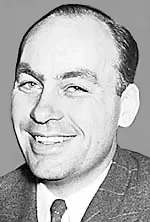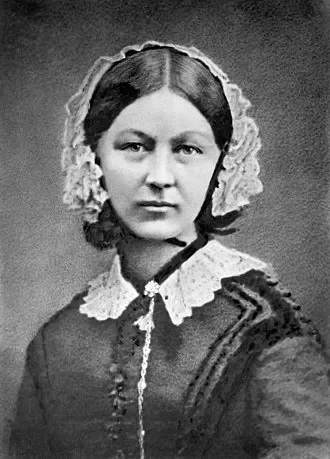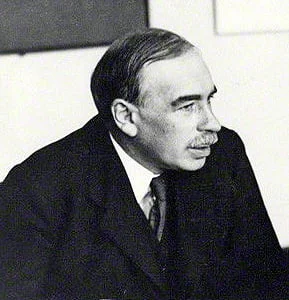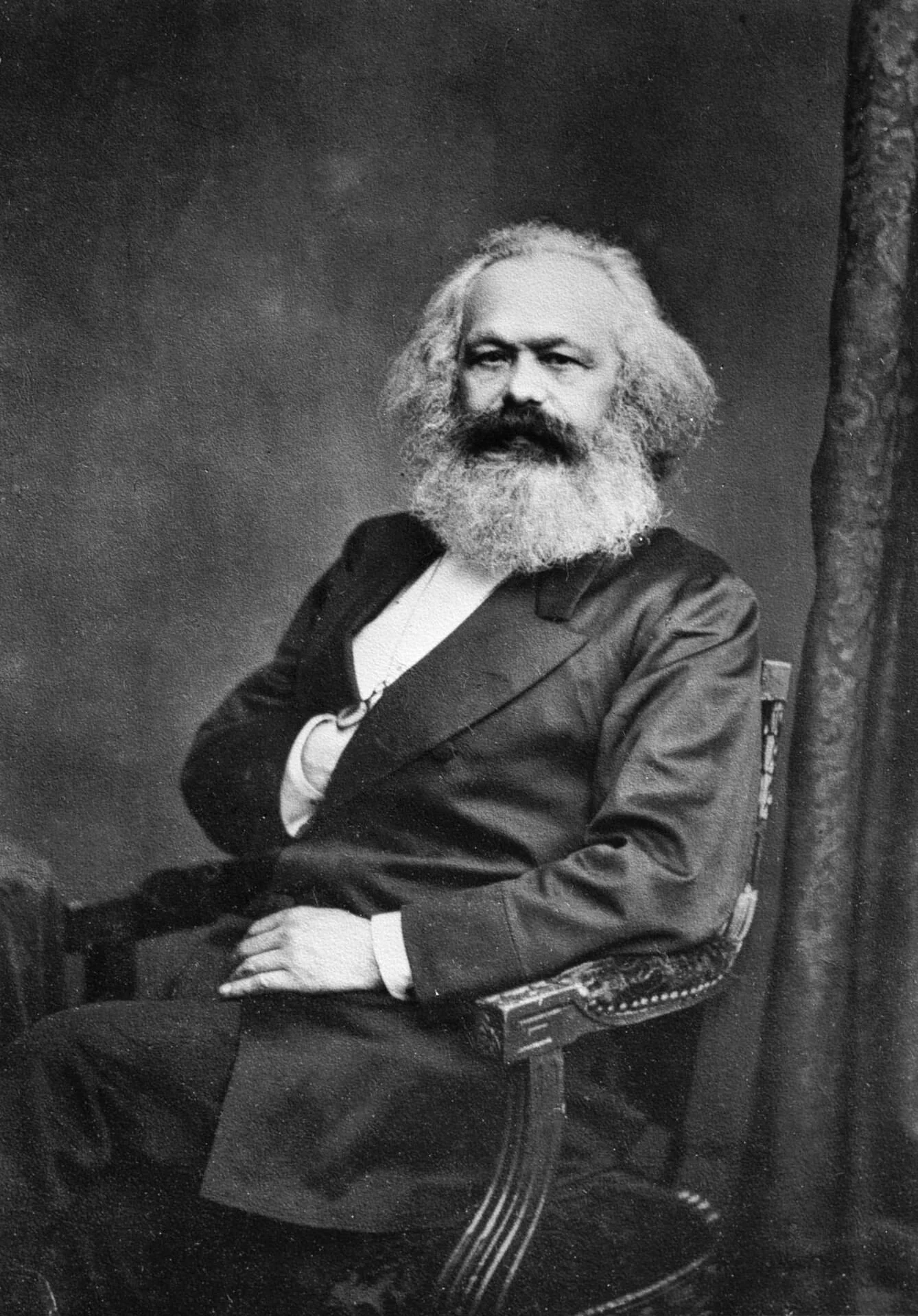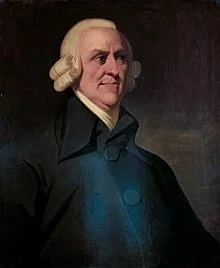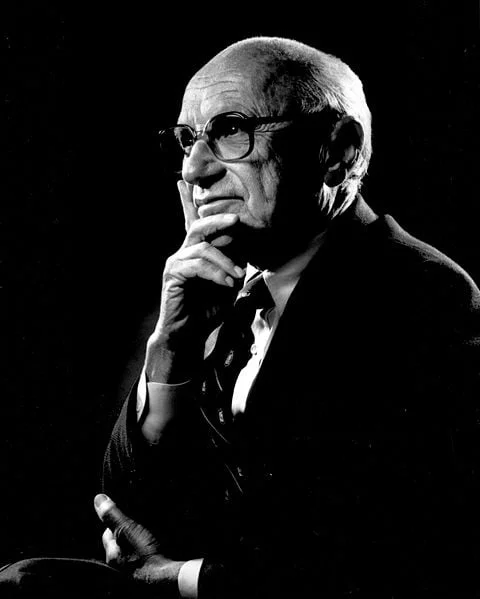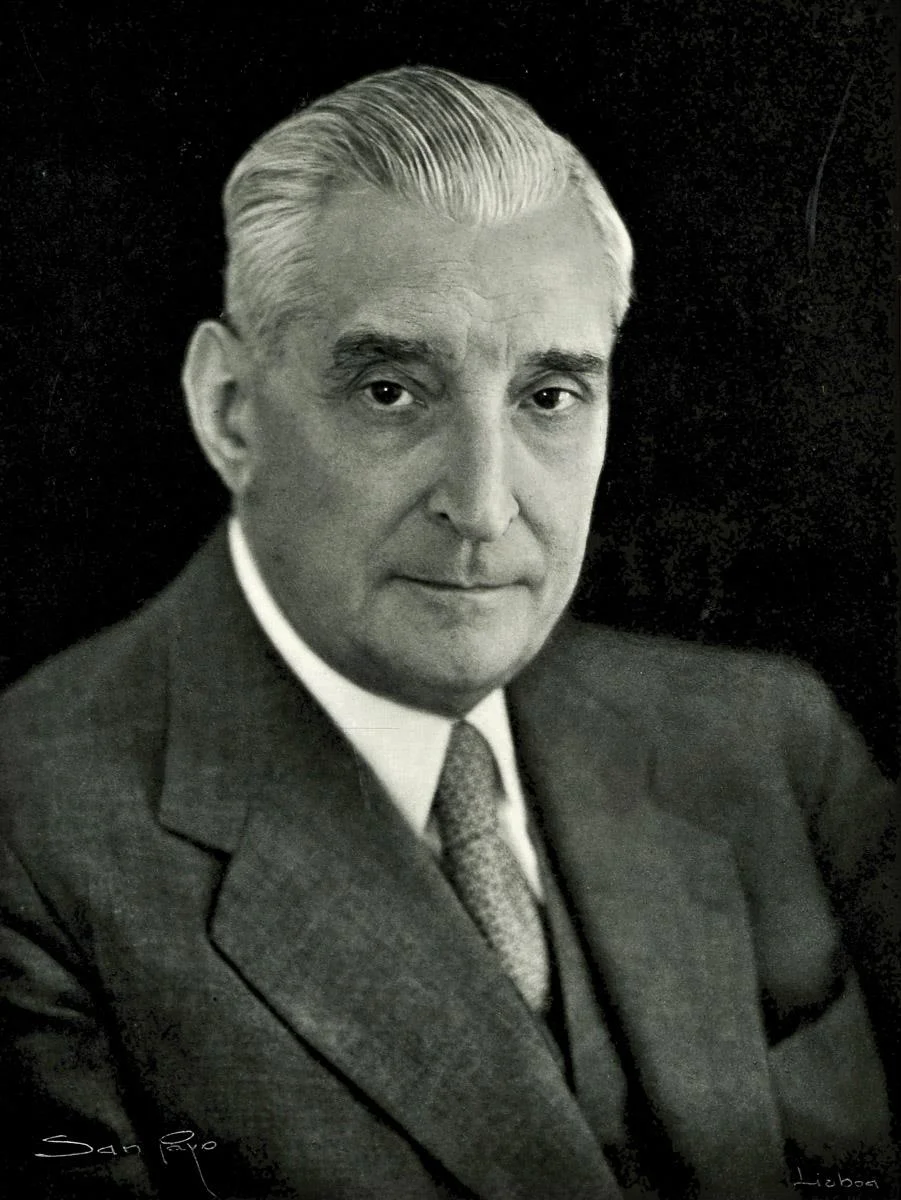Real Celebrities Never Die!
OR
Search For Past Celebrities Whose Birthday You Share
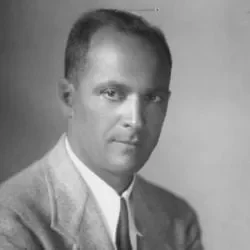
source:www.gf.org
Henry Schultz
Birthday:
04 Sep, 1893
Date of Death:
26 Nov, 1938
Cause of death:
Car accident
Nationality:
American
Famous As:
Economist
Age at the time of death:
45
Early Life : Shaping Modern Economicsh2>
Henry Schultz was an American economist and statistician whose pioneering contributions to econometrics, mathematical economics, and economic theory left a lasting imprint on the field. Born in 1893 in Sharkawshchyna, then part of the Russian Empire, Schultz immigrated to the United States in 1913, driven by a passion for education and intellectual discovery. His career flourished at the University of Chicago, where he taught from 1926 until his untimely death in 1938.
Schultz’s groundbreaking research on demand measurement and consumer behavior played a fundamental role in shaping modern economic thought. He developed the concept of elasticity of substitution, which assesses how price changes influence consumer choices between different goods or inputs. Additionally, his introduction of the linear expenditure system provided a simplified yet powerful model of consumer preferences, allowing for consistent aggregation across individuals and groups.
Data-Driven Policy Insights
A strong advocate for free trade, Schultz critiqued economic policies that distorted prices and diminished efficiency. His studies examined the impact of tariffs, quotas, subsidies, and exchange rates on trade flows and overall welfare. He also explored income distribution across various age groups and regions, proposing measures to mitigate inequality and poverty. By blending economic theory with empirical analysis, Schultz laid the groundwork for data-driven policymaking.
Personal Life
Schultz was married to Bertha Greenstein in 1920. The marriage was blessed with two daughters but unfortunately Schultz and his whole family died in the car crash that claimed his life in 1938.
A Lasting Legacy
Tragically, Schultz’s life was cut short in a car accident in 1938 at the age of 44. Despite his early passing, his research remains a cornerstone of modern economics, influencing generations of scholars and policymakers. His work continues to shape economic theory and statistical methodologies, cementing his legacy as a visionary in the field.
Name:
Henry Schultz
Popular Name:
Henry Schultz
Gender:
Male
Cause of Death:
Car accident
Spouse:
Place of Birth:
Sharkawshchyna, Russian Empire (now Belarus)
Place of Death:
San Diego, California, US
Occupation / Profession:
Personality Type
Logician: Innovative inventors with an unquenchable thirst for knowledge. Henry Schultz was an intelligent person who couldn’t help but analyze everything he came across.
He influenced Milton Friedman who was his student before becoming his research assistant.
Henry Schultz pursued a doctoral degree at Columbia while also conducting statistical work for the War Trade Board, the United States Census Bureau, and the United States Department of Labor
He started a mathematical economics school at the University of Chicago.
He was an American economist, statistician, and one of the founders of econometrics.
